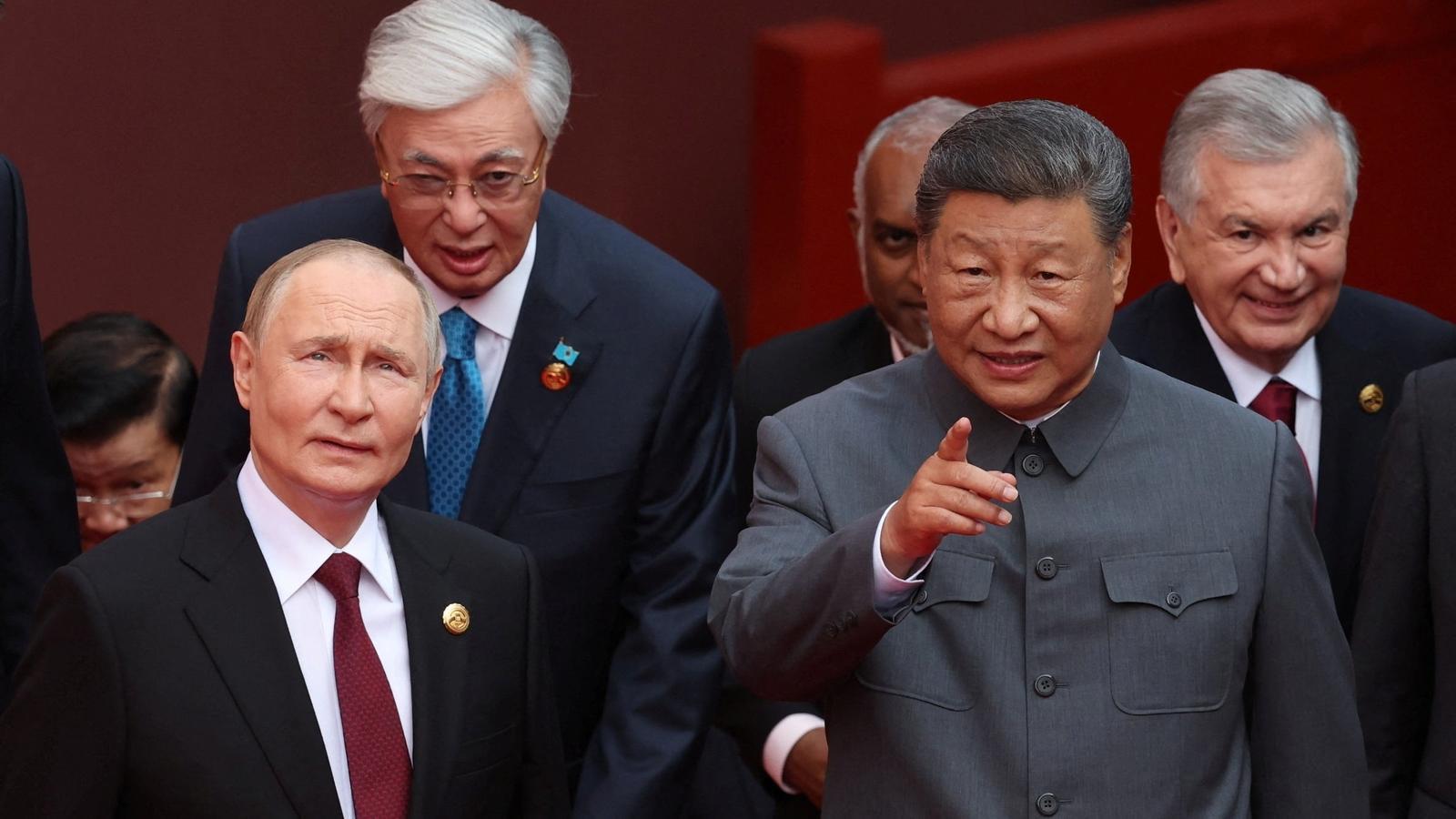The gerontocrats


A few days ago, at the Shanghai Cooperation Organization summit held in the Chinese city of Tianjin, a recording of a casual conversation between Xi Jinping (who acted as the all-powerful host of the meeting) and Vladimir Putin (who was anything but) emerged. As they led a procession through the Forbidden City, the two leaders—both tyrants—engaged in a relaxed conversation about advances in science and medicine in the fight against aging, physical decline, and death. "It used to be rare for people to live past seventy; now, however, they say that at seventy, you are still a child," Xi said. Putin responded: "Human organs can be transplanted continuously; the longer you live, the younger you get. You can even achieve immortality." Xi Jinping concluded the conversation: "Some predict that, in this century, humans will be able to live up to one hundred and fifty years." They said it, after all, with happy, genuinely enthusiastic faces.
To live 150 years, to become immortal. The first thing that strikes one is that world leaders, with momentous decisions for their countries and the entire world that directly depend on them, allow themselves to be lured into childishness and indulge in verbiage while staging scenes designed to appear apotheotic. They seem—are—cartoons of themselves. Then, it is surprising, and not surprising, that their concern is the age-old fantasy (as old as humanity) of not dying, of escaping the dominion of death.
It may seem trivial, but we must not lose sight of the fact that the motivations of the powerful can be just as ridiculous as this. We are living in a dark time, one of great personalistic and egocentric leadership, in which leaders want to once again appear fearsome and invincible, like those from eras they have more or less idealized in their imaginations. At the same time, they are old men: Putin and Xi Jinping are the same age, 72. Netanyahu is 75, Trump is already 79, older than Biden was when he started telling him he was too old to be president (and had not yet shown any signs of deterioration). There are less prominent figures, but equally harmful to their people, who are part of this global gerontocracy: Lukashenko, Putin's dog in Belarus, is 71; Raúl Castro is 94 and was president until he was 87, and his brother Fidel Castro was president until he died of old age. Others seek to perpetuate themselves through their descendants, such as the Assads in Syria or the Kims in North Korea.
Unlike the poor, the powerful often fall into the vanity of thinking themselves necessary, even indispensable. They also find it painful to die, because they live as they would like: imposing their will on everyone else. They even think they can impose their will on death as well. It would be good for them to see The seventh seal, Bergman's, with the dance at the end of the film.
